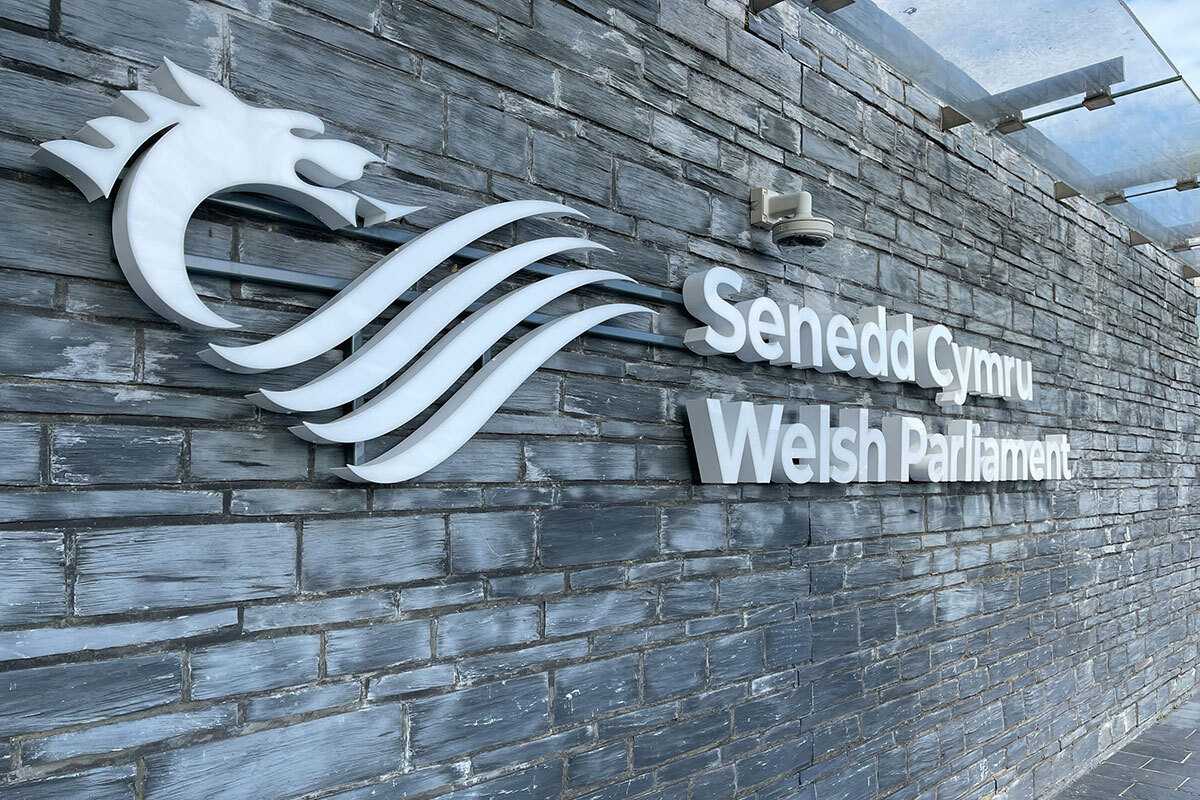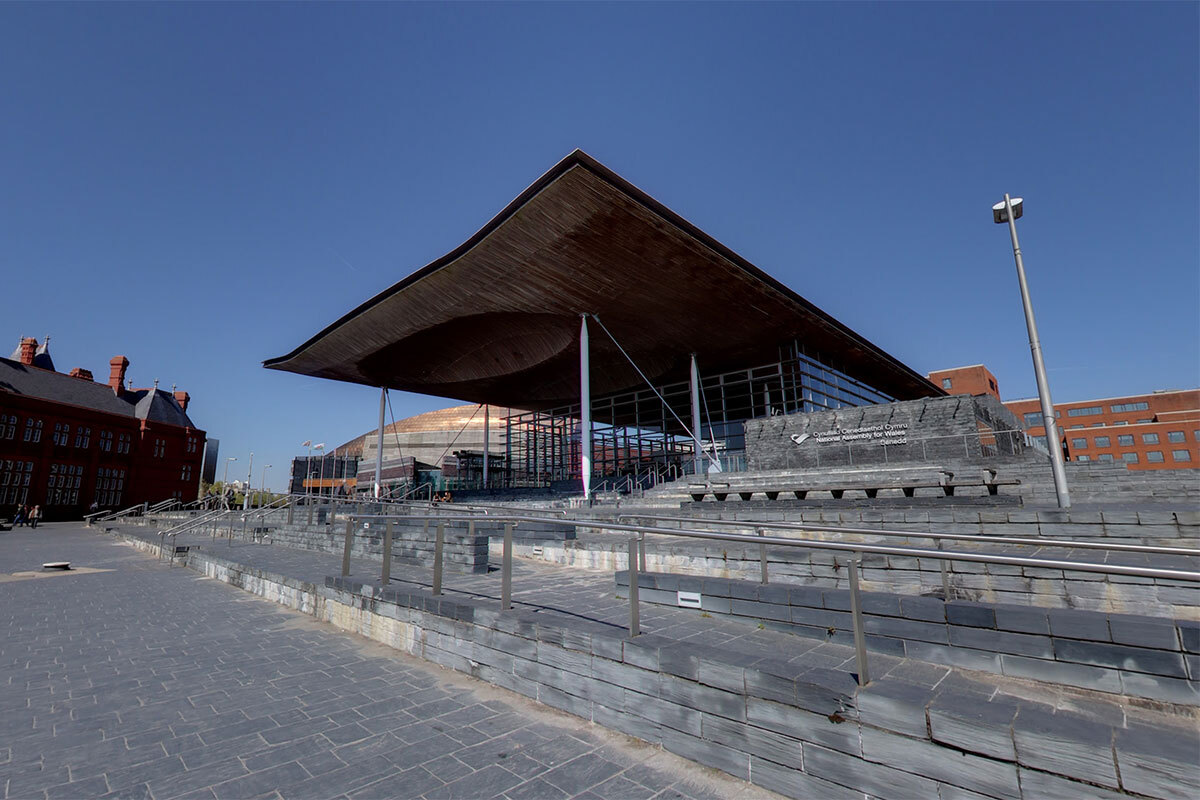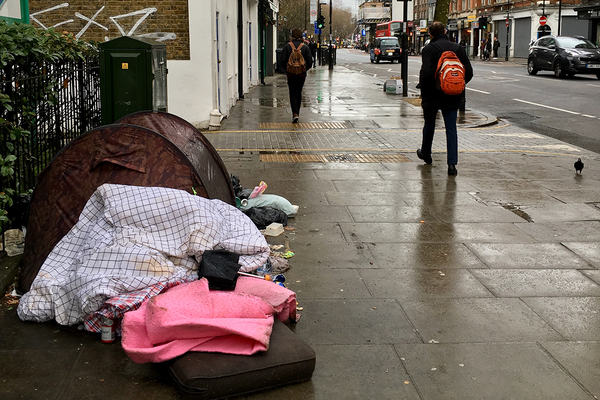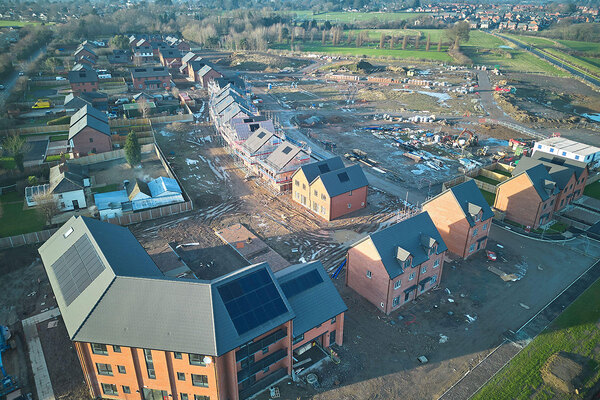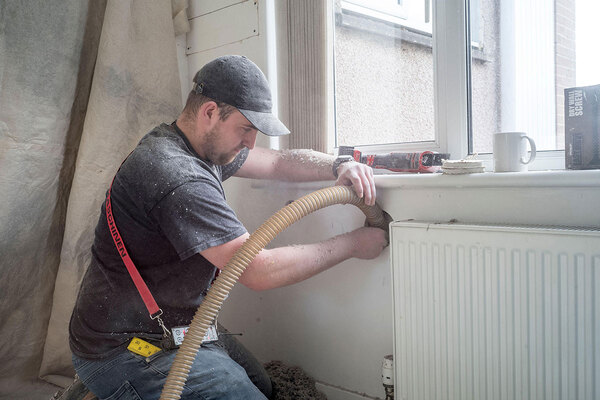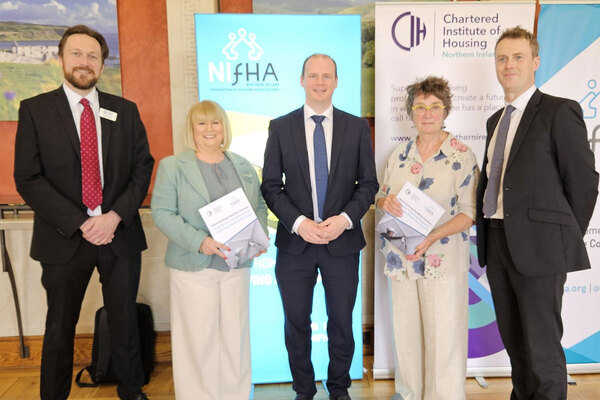Uplift needed in Housing Support Grant to deliver promise on key worker pay, Welsh housing bodies warn
Cymorth Cymru and Community Housing Cymru are urging the Welsh government to provide additional funding under the Housing Support Grant (HSG), to deliver on a promise to pay key workers a fair wage.
These organisations, which represent more than 100 support providers, have written to Welsh first minister Mark Drakeford urging him to provide additional funding in next week’s final Budget to deliver on the promise to pay these employees a fair wage.
Cymorth Cymru and Community Housing Cymru (CHC) believe that promises made on the real living wage (RLW) at the last Senedd election have not been kept. They believe this is the case because the Welsh government has not provided additional funding to the homelessness and housing support sector to uplift salaries, the bodies told Inside Housing.
The frontline staffers support others during acute crises, such as homelessness, domestic abuse, mental health and substance use issues.
The draft Budget for Wales was published in December, in which it showed that the HSG would remain at £166.7m – the level it has been at since 2021-22.
The final Budget is expected on Tuesday 27 February.
Meanwhile, new data collected by Cymorth Cymru and CHC has highlighted the impact of this funding freeze on the wages of homelessness and housing support workers in Wales.
The findings from December 2023 – on the salaries of more than 3,000 workers funded by the HSG – showed that 41% are currently being paid below the upcoming (April 2024) minimum wage of £11.44 per hour.
In addition, 67% are currently being paid below the 2023-24 RLW of £12.00 per hour.
One service provider said that increasing the wages to the legally required national minimum wage in April 2024 would cost them more than £560,000, while increasing wages to the RLW would cost more than £1.1m.
Another survey of more than 600 frontline support workers conducted last year also showed how they were struggling to make ends meet, with 86% saying they were not putting on the heating in order to save money and 56% were struggling to pay bills.
A total of 18% were struggling to pay their rent and 12% were feeling at greater risk of homelessness.
These findings build on earlier research by Cymorth Cymru and CHC which found that more than 70% of services helping to prevent homelessness across Wales could be “reduced or lost” if funding from the Welsh government is not increased.
This is why the organisations are calling on the government for an increase to HSG that is in line with inflation of 10%, or £16.7m, to enable frontline workers to be paid a fair wage and to avoid many services collapsing.
Rhea Stevens, head of policy and external affairs at CHC, said: “The housing crisis is pushing more and more people towards homelessness already. To see the very people who have dedicated their careers to providing the life-changing help that others need, being at risk of significant hardship too is wholly unacceptable.
“Ending homelessness means addressing its complex causes, intervening early with the right support. The frontline staff who work in Welsh homelessness and housing support services have the unique combination of skills, experience and compassion needed to do this, and they deserve fair pay.
Katie Dalton, director at Cymorth Cymru, said: “Fair work and the RLW were at the heart of Welsh Labour’s election manifesto and programme for government, and we were promised that homelessness and housing support workers would be included in the RLW commitment.
“Since then, the sector has not received a penny more in funding to deliver this pledge. We urge the first minister and the finance minister to increase the HSG budget and deliver on the promise to pay these critical workers a fair wage for their life changing, and often life-saving work.”
A Welsh government spokesperson said: “We recognise the immense pressures facing frontline housing support services and the importance of their work.
“This is why we have protected the Housing Support Grant in our recent budget so that it remains at £166.7m, despite the extraordinarily difficult budgetary position.
“Ministers faced an incredibly difficult task in setting a budget for next year. Dialogue continues with key stakeholders to consider how we can work collaboratively to deliver our shared ambition to end homelessness in Wales.”
Sign up for our Wales newsletter
New to Inside Housing? Click here to register and receive our Wales round-up straight to your inbox
Already have an account? Click here to manage your newsletters
